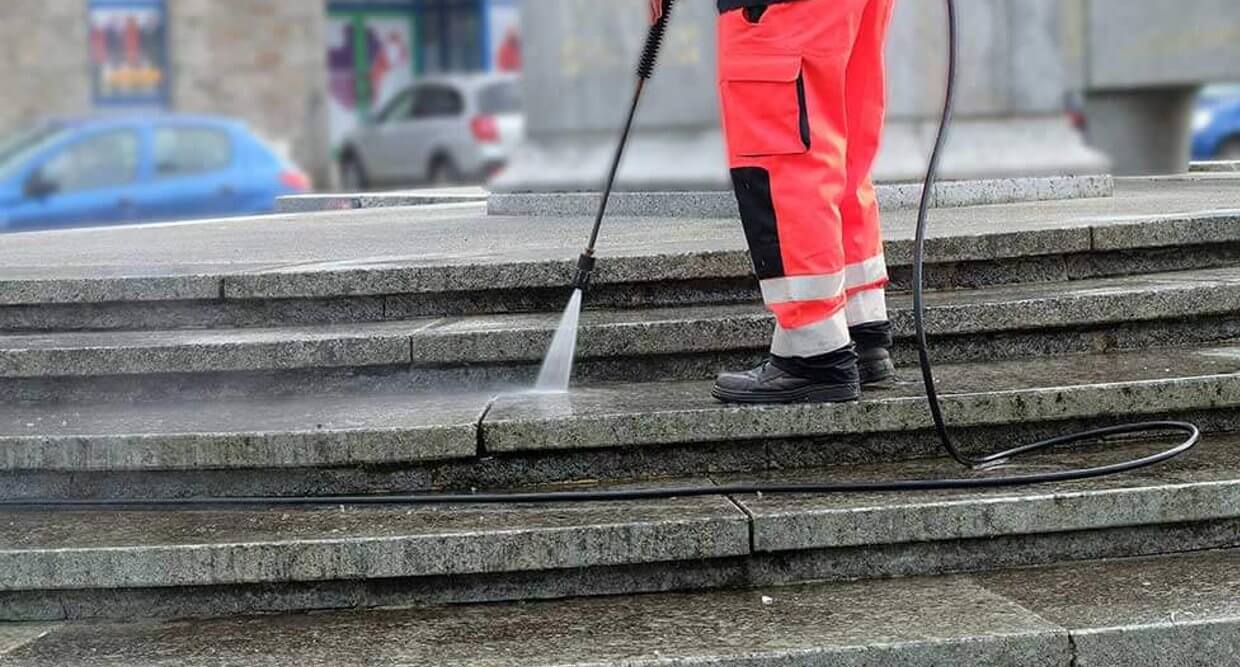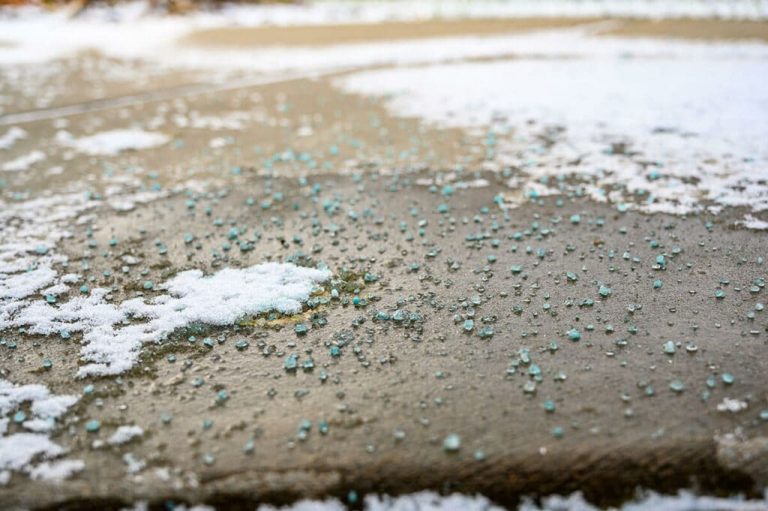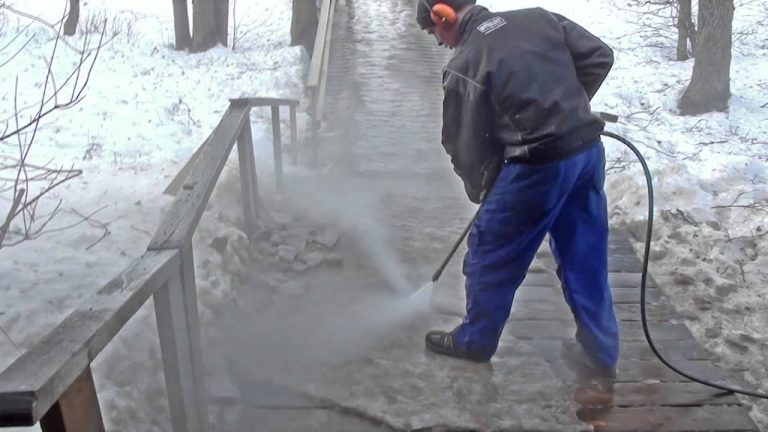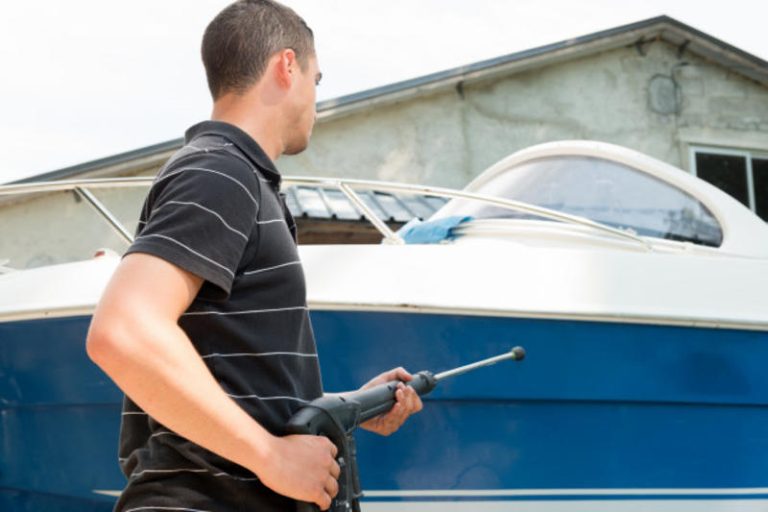
If you’ve ever struggled with greasy driveways, moldy siding, or stubborn stains, you may have thought: “Wouldn’t this be easier if I used hot water?” It’s a fair question—hot water does break down grime faster in most cleaning situations.
But when it comes to pressure washers, it’s not as simple as turning up the heat. So let’s dive into whether you can (or should) use hot water in a pressure washer, what types support it, and what happens if you try it with the wrong machine. 🧠🧼
🧯 First Things First: Don’t Just Use Hot Water in Any Pressure Washer
Most standard residential pressure washers are designed for cold water only. Running hot water through a cold-water unit can:
- Melt seals and o-rings
- Warp plastic components
- Void your warranty
- Shorten the pump’s lifespan 😬
Even if your garden hose is hooked up to a hot water source (like from inside the house), that heat can damage your washer if it’s not built for it.
So the answer is: Only use hot water if your pressure washer is specifically rated for it.
🔥 What Is a Hot Water Pressure Washer?
Hot water pressure washers are purpose-built machines with:
- Built-in heating coils or fuel burners
- Reinforced hoses and seals
- Higher-grade pumps and components
They heat the water internally (similar to a boiler), usually with diesel, kerosene, propane, or electric heat.
These machines are commonly used by:
- Commercial cleaners
- Car washes
- Industrial facilities
- Mobile power washing businesses
🔥 Temperature ranges: Typically 120°F–200°F
Some units even have steam settings for ultra-deep sanitizing.
Browse Amazon Here For Popular Pressure Washers And Accessories
✅ Benefits of Hot Water Pressure Washing
When used correctly, hot water has major advantages:
- Breaks down grease, oil, and fats faster
- Kills mold, mildew, and bacteria more effectively
- Loosens stuck-on grime and chewing gum
- Reduces need for chemical detergents
- Cuts cleaning time by 30–50% ⏱️
That’s why hot water pressure washers are the top choice for cleaning:
- Restaurant dumpsters and parking lots
- Food processing areas
- Fleet vehicles and equipment
- Commercial kitchens
⚠️ What Happens If You Use Hot Water in a Cold-Water Washer?
Even if you’re tempted to try it just once, here’s what can go wrong:
- Pump seals deteriorate quickly
- Plastic housing warps or cracks
- Thermal expansion damages internal metal components
- Manufacturer warranty becomes void
Unless the manual explicitly states the machine can handle hot water, don’t do it.
Even using lukewarm water from a kitchen faucet (~100°F) can be risky for some machines.
🧊 Cold Water Pressure Washers: Still Powerful
Don’t worry if you only have a cold-water unit. With the right technique, detergent, and nozzle, you can:
- Strip paint
- Remove mildew
- Clean vehicles
- Brighten concrete
- Clear gutters
🧴 Pair it with:
- Degreasers for oil stains
- Mildew removers for siding
- Soft bristle brushes for stuck-on grime
Cold water pressure washers are more than enough for most residential and even some light commercial jobs.
💡 Should You Buy a Hot Water Unit?
Here’s when it makes sense:
- You’re starting a commercial cleaning business
- You regularly clean greasy or industrial surfaces
- You need deep sanitization (like for food trucks or kitchens)
- You clean heavy machinery, engines, or shop floors
But be warned—they’re:
- More expensive ($2,000–$8,000+)
- Heavier and bulkier
- Require more maintenance
For the average homeowner? A cold water unit + quality detergent usually gets the job done. 🏠💧
🧠 Final Thoughts
So, can you use hot water in a pressure washer? Only if it’s built for it. 🔥✅
To recap:
- ❌ Don’t run hot water through a cold-water machine
- ✅ Do invest in a hot water unit if you need to clean greasy, industrial messes
- 🧼 Cold water + detergent is fine for most household cleaning
- 🔧 Always check your user manual before changing water sources or temps
Choosing the right setup ensures safer operation, better results, and longer machine life. Whether you’re melting away grease or blasting off dirt, use the right water for the job—and your pressure washer will thank you. 💪🧽💦
Browse Amazon Here For Popular Pressure Washers And Accessories






